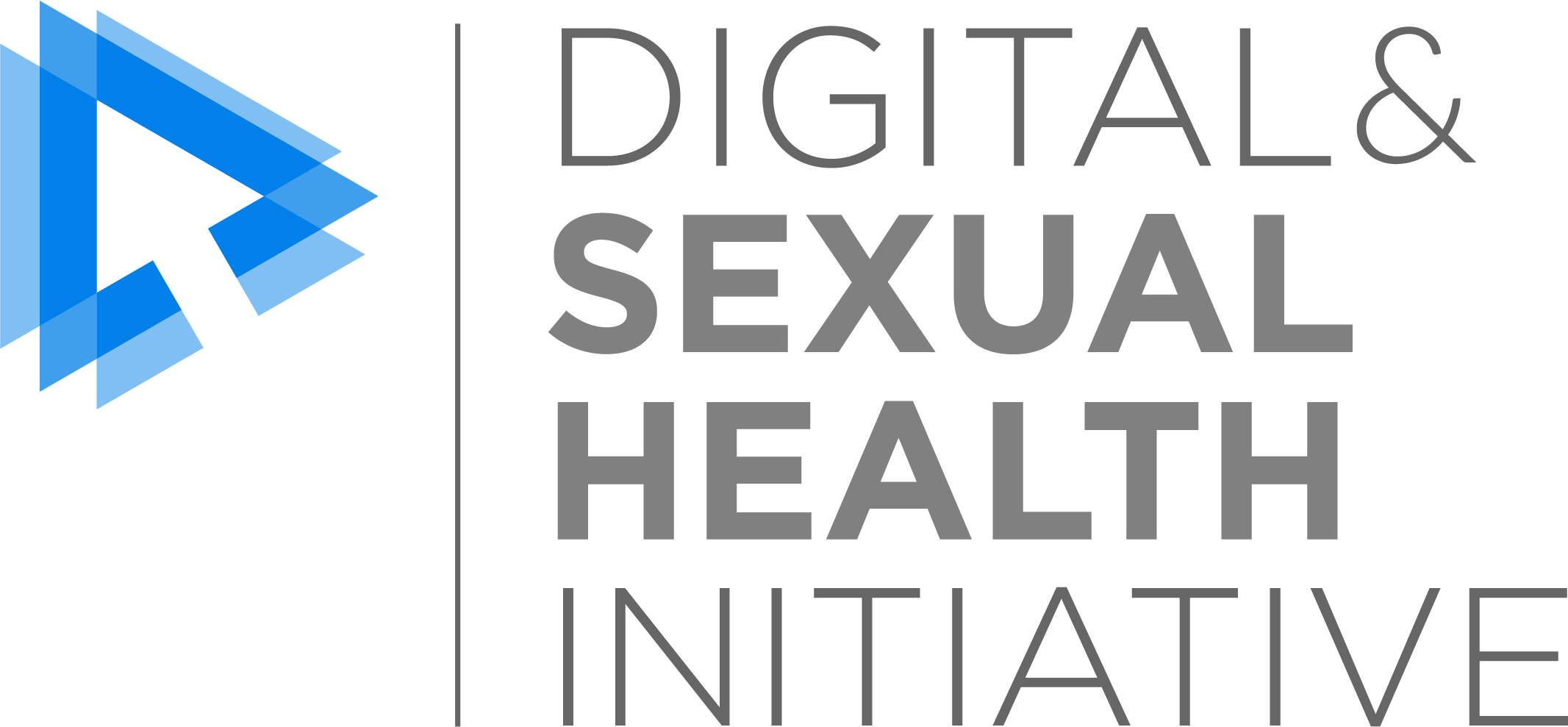Sexual health literacy – an emerging framework for research and intervention to improve sexual health for gay men
Research theme(s)
Sexual Health Websites and Literacy
Mark Gilbert, Olivier Ferlatte, Warren Michelow, Susan Martin, Ingrid Young, Lori Donelle, Irv Rootman, Lisa McDaid, Paul Flowers.
Poster presentation. World STI&HIV Congress 2015, Brisbane, Australia, Sept 13-16, 2015.
Introduction
Health literacy is an important determinant of health yet has not been formally applied to sexual health. An expert event brought 38 researchers, community members, and service providers together to explore gay men’s sexual health literacy (SHL).
Methods
Using a World Café method, three rounds of discussion posed questions about SHL in relation to gay men, providers, and underlying systems. Documented notes were analysed thematically through two rounds of group synthesis and a subsequent review by one investigator.
Results
SHL was influenced by ways men access information, through peer networks, and coded communications with prospective partners. The Internet influences access to, delivery of and engagement with information, while new technologies and changing sexual norms complicate message consistency and risk assessment. Actionable risk assessment requires numeracy skills. Gay men were generally perceived to have high SHL with concern that SHL may be lower for some sub-populations (e.g., youth, immigrant men). Participants valued bottom-up/community-based over top-down/expert models of providing SHL. Health care provider attitudes, cultural competency, knowledge and communication skills were seen as key determinants of SHL and non-traditional health sectors also play key roles (e.g., education, pornography). Underlying determinants of SHL included stigma related to HIV or sexual orientation, access and organisation of health care services, systemic shifts to self-care models, political ideologies and funding. Syndemic, intersectional, and holistic health approaches to SHL were advocated. Participants recognised the strong history of activism and mobilisation within gay communities as integral to SHL.
Conclusion
Critical health literacy has been a core component of the gay men’s health movement to date. Innovations in biomedical technologies and access to online information are critically shaping experiences of SHL for gay men. The expanded theoretical framework emerging from these findings serves as a starting point to inform enhancing SHL and designing effective interventions.
